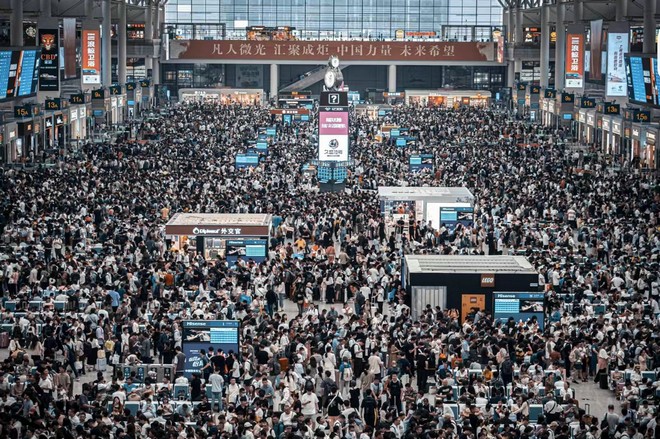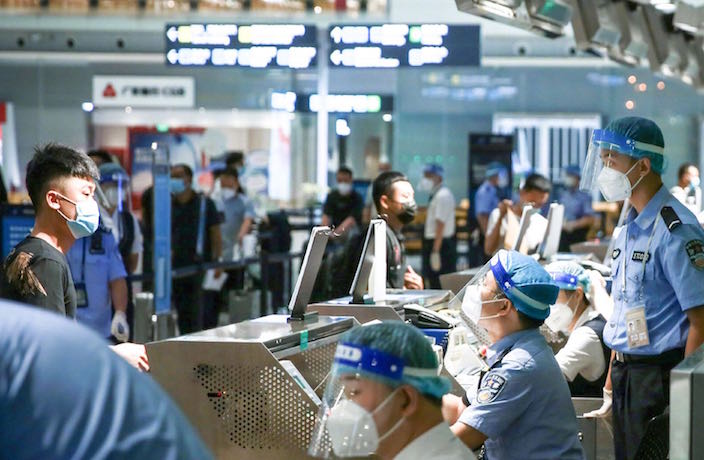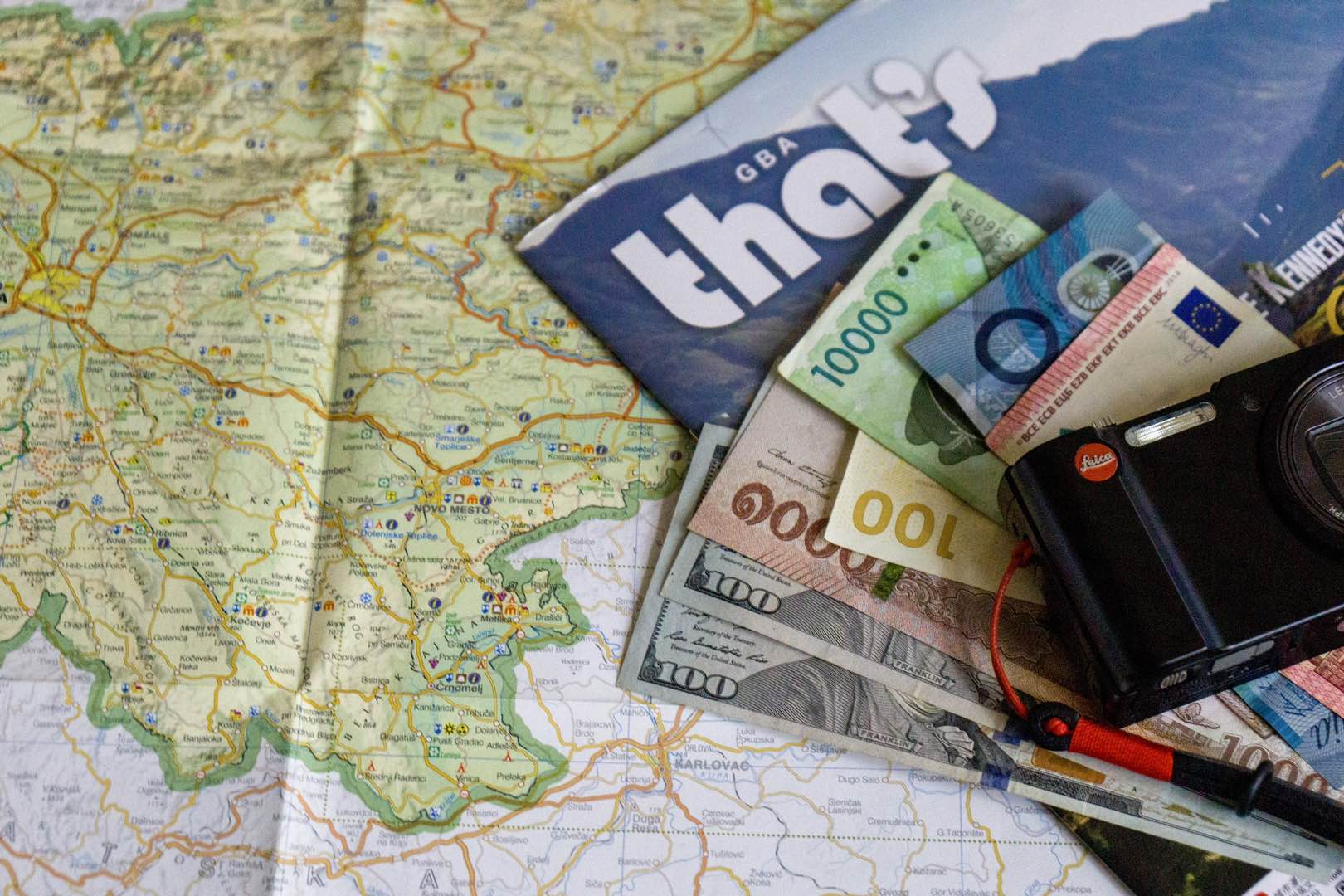Reports have recently emerged that free COVID-19 nucleic acid tests will be scaled back.
In Guizhou, Gansu, Hunan, Sichuan and Guangdong provinces, a number of cities, as well as smaller areas, have reported that only certain categories of individuals and only under specific circumstances will be able to undergo nucleic acid testing for free, reports China News Week (中国新闻周刊).
What’s Does The Future of Testing Look Like?
While free nucleic acid tests won’t be completely gotten rid of, they are likely to be scaled back for many of us. Guiyang – capital of Guizhou province – has offered a hint at how this might work.
An Official WeChat Account by the name of 贵阳发布 (guiyang fabu), or Guiyang Press Release in English, posted an article on November 1, stating that certain categories of people – including the likes of service industry workers, customs workers, recent arrivals from outside the province, etc. – would still be entitled to regular free nucleic acid tests.
People who fall outside of the designated categories would still be required to present a 72-hour negative nucleic acid test result to go about ‘normal life’ i.e. to enter most places, but would be expected to pay for it themselves.
According to Tencent News, the cost may be as little as RMB4 per person per test.
Why The Change?
Carrying out nucleic acid testing on such a large scale comes at a cost. That’s why many of the companies linked to COVID testing have seen profits soar.
A report produced in part by Suzhou-based Soochow Securities suggests that in China’s first- and second-tier cities, the total cost of implementing normalized nucleic acid testing has reached about RMB1.7 trillion per year – accounting for around 1.3% of China’s GDP, reports Beijing Business Today.
Professor Jin Dongyan – an expert in epidemiology at the University of Hong Kong – told China News Week that, “implementing normalized COVID-19 nucleic acid testing has been costly for local government departments.”
So, in future, you may have the pleasure of shouldering more of that cost yourselves.
Professor Jin added that in future, we may see antigen tests become more commonplace – presumably to make testing more efficient, given that rapid antigen test results can be produced as quickly as 15-20 minutes, and don't need to be sent to a lab.
For now, keep your eyes on local news to see whether or not you’ll be required to pay for your regular nucleic acid test. We’ll do our best to keep you up to date with the latest information, wherever you are in China.
[Cover image via Weibo/@第一财经日报]






















0 User Comments